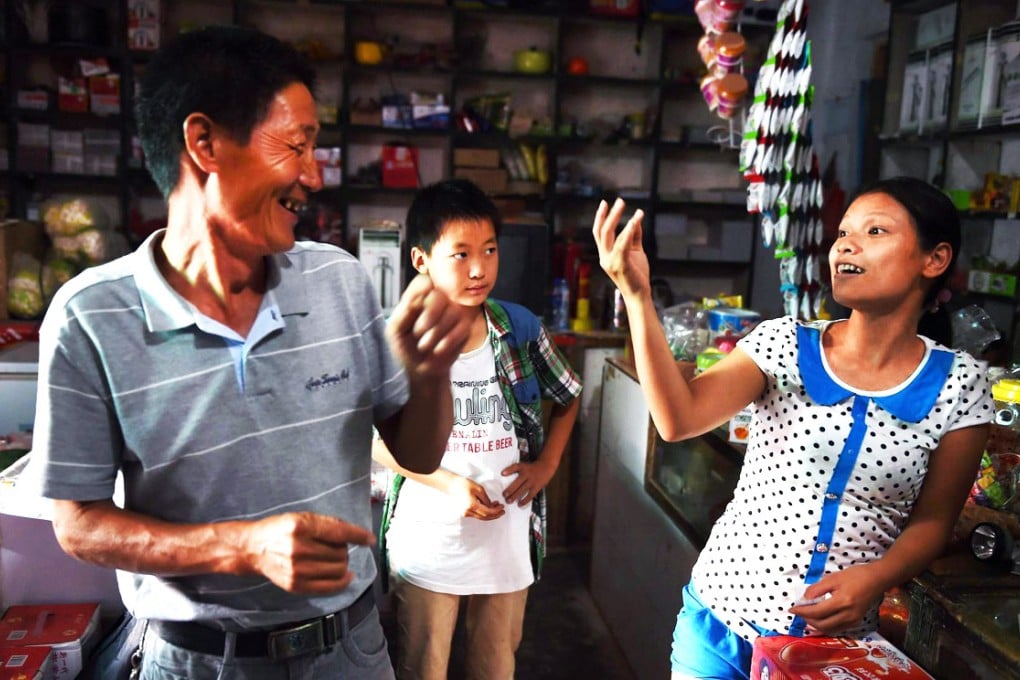Joy and pain of the Vietnamese 'brides for cash'
Their marriages were arranged for cash, but some of the Vietnamese women who have found unlikely Prince Charmings in remote villages on the mainland say they are living happily ever after.

Their marriages were arranged for cash, but some of the Vietnamese women who have found unlikely Prince Charmings in remote villages on the mainland say they are living happily ever after.
"Economically, life is better here in China," said Nguyen Thi Hang, one of around two dozen women from Vietnam who have married men in Linqi.
The township is a patchwork of hamlets spaced among cornfields deep in the mountains of Henan , one of the mainland's poorer provinces.
It is some 1,700 kilometres away from Vietnam, but is a new market for an expanding and sometimes abusive marriage trade with Southeast Asia.
The business is fuelled by demand from rural mainland men struggling to find wives in the face of their country's huge gender imbalance, driven by its limits on family size.
Hang, 30, arrived in Linqi last November and struggles to communicate with customers at the dusty village store where she sells noodles, soft drinks and cigarettes.